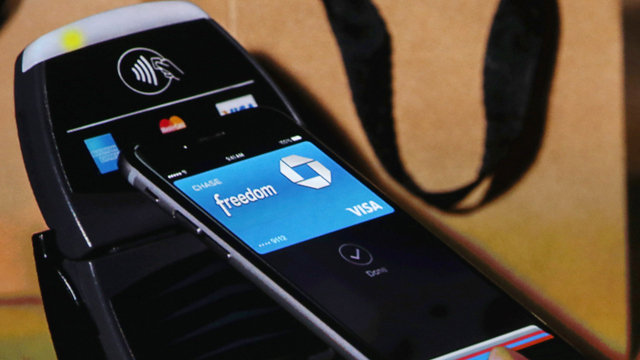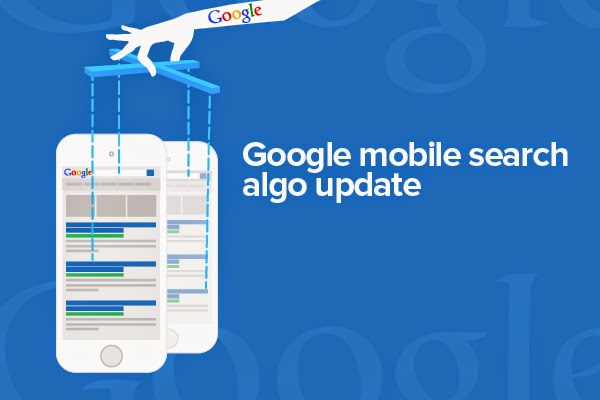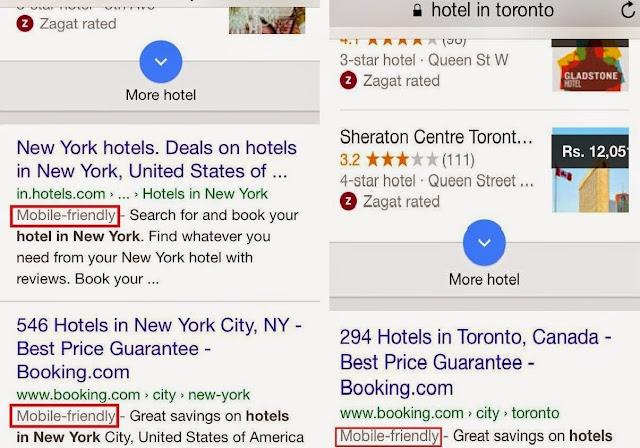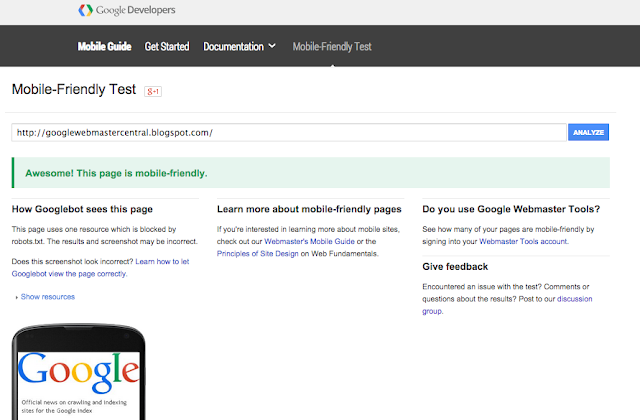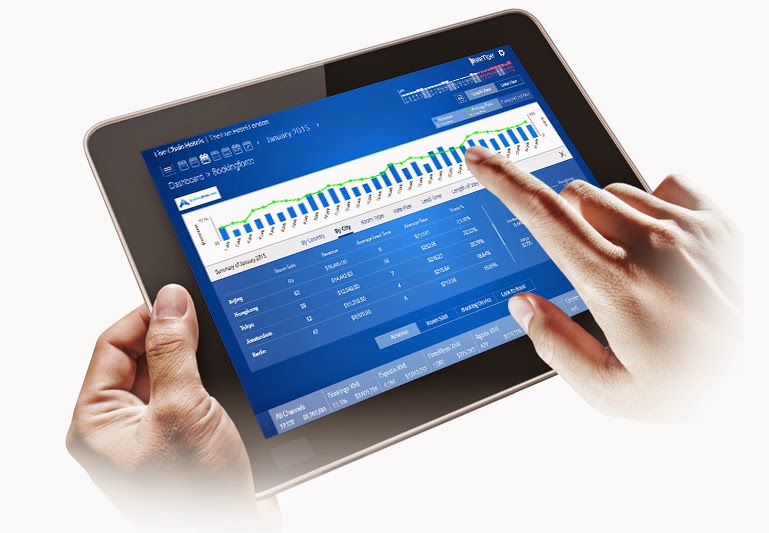Close to 12 million travelers will visit Dubai this year, making it the fifth most popular city in the world for international visit. In spite of the political volatility in the Middle East, the outlook for the hospitality industry in the United Arab Emirates remains strong. The growing importance of Dubai International Airport, which has become the world’s busiest airport in terms of international passenger traffic, has contributed immensely to the growth of the hotel industry in Dubai.
One of the youngest regions of the world with over 50% of the population aged between 18- 34, travel in United Arab Emirates is largely influenced by digital experience. Always connected and eager to research, millennials in the country have become trend setters in the online travel segment. Empowered with easily available information, they are forcing hospitality brands in the region to realign their marketing strategies according to their preferences.
A high spend market, OTA sales in the Middle East have reached USD$3 billion in 2014, representing about 17% of total sales. With 94% of the populating owing a mobile device, there is a clear shift in booking patterns toward mobile and tablet booking devices. Traditionally a last-minute market, the surge of mobile connectivity has also reduced the booking window considerably. Compared to the word average of 23 days, the average hotel reservation lead time for UAE is now a mere 13, one of the lowest. Online travel bookings, which represent 25% of all bookings in the Middle East, are forecast to grow in 2015 and 2016 to reach 36% by the end of 2017 when online revenue is expected to reach $35 billion.
In this article we list out five online travel agents who are playing vital role in shaping the online travel industry in the region.
Booking.com
With over 1000 listed properties, Booking.com is the most popular travel agency in UAE. The Priceline owned OTA major has expanded its listings in the region by about 25 percent over the past year, comprising 200 new properties. Dubai ranks sixth in terms of global inbound travel bookings for Booking.com, and the channel controls over 50% on OTA market in the region. With 166 million unique visitors per month to its website Booking.com still rules the online travel by a large margin over its competitors Expedia and TripAdvisor. The online travel major is not only holds number one position in terms of unique page visits but also in total room nights booking. Every day over 850,000 room nights are reserved onBooking.comthrough its website and mobile apps attracting travelers from both the leisure and business sectors across the globe. Though travelers in this region search their favorite destination, preferred hotel online, but when it comes to bookings, they prefer to traditional travel agents to make a purchase.
Expedia.com
In the last couple of years OTAs in the Middle East has grown rapidly at compound average growth rate of 18% with Expedia.com—the first OTA and one of the key players in the region. In 2012 online travel sales in the Middle East estimated 2.3 billion or 13% of total travel sales. To reach out growing customer base with high disposable income, familiar with advanced technology and excited about living a modern lifestyle online travel agent like Expedia is coming up with new offerings that suit their customer portfolio. With 59.3 Million monthly uniquevisitorsExpedia.com is the third largest online travel agents right behind Booking.com and TripAdvisor. The company has around 800 properties listed in its website and is the second most sought after online travel agents in Middle-East.
In the later part of my article I’ll discuss three more top performing online travel sales channels are shaping the travel industry in the Middle East.
Image Credit: Freepik PublicDomainPictures
In the later part of my article I’ll discuss three more top performing online travel sales channels are shaping the travel industry in the Middle East.
Image Credit: Freepik PublicDomainPictures
Hisham Diab is Sales Manager, MEA/ Africa/ Turkey at eRevMax. He can be reached at hishamd@erevmax.com








